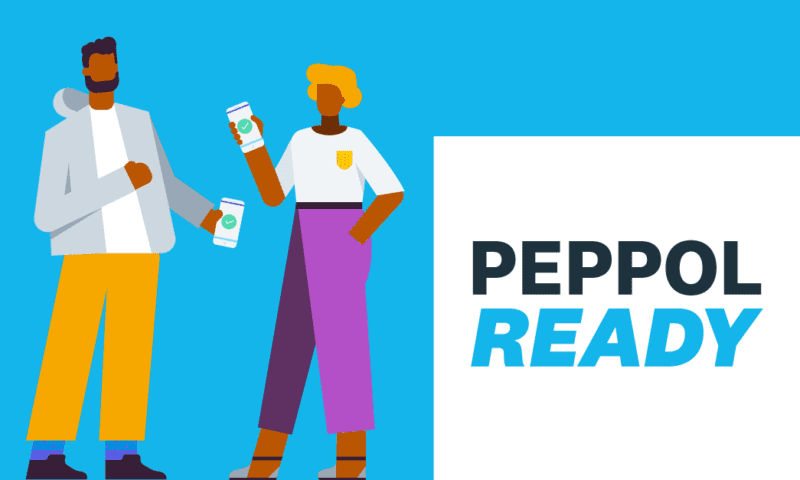

As governments around the world enforced shutdowns to ensure public safety, many digital initiatives that were previously a low priority became critical for business continuity.
At the same time, the Singapore government stepped up its support to help local businesses with digital adoption. For example, the Fortitude Budget announced at the start of June included a Digital Resilience Bonus (DRB). The DRB enhances support for businesses to start paying and invoicing digitally.
The government has been encouraging businesses to adopt electronic invoicing (e-invoicing) for some time. In January 2019, Singapore officially joined the Peppol E-invoicing network. At the same time, the Infocomm Media Development Authority (IMDA), in partnership with Enterprise Singapore (ESG), introduced the E-invoicing Registration Grant. The grant pays businesses a one-time payout of S$200 when they first register for e-invoicing (subject to terms and conditions).
What is e-invoicing?
E-invoicing is the ability to send an invoice digitally between the accounting systems of business suppliers and buyers. This is different from sending a PDF file or online invoice via email as an e-invoice is automatically sent to the buyer’s accounting system through a secure network.
This means the business does not need to manually handle the invoice. Crucially, the two businesses involved don’t even need to be working on the same accounting system because the international standard allows these systems to ‘speak’ to each other.
What are the benefits of e-invoicing?
Here are some benefits that e-invoicing offers small businesses:
Shorten your cash flow cycle
A cash reserve provides the cushion that your business needs to manage unexpected events – like the one we’re experiencing now. A cash reserve also insulates you from the economic cycle and whims of banks and other lenders. In addition, it gives you the confidence and resources to grow your business when it is time to do so.
While it isn’t always possible to build a large cash reserve, when you make it easy for your customers to pay you by using e-invoicing and issuing invoices with Xero’s online invoicing feature, you get paid faster.
The problem of late payments appears to be an increasingly urgent one for small businesses in Singapore. According to internal Xero data, more than half of invoices paid to SMEs (55 percent) in 2019 were paid late while only four out of ten payments (41 percent) were late in 2018. Fortunately, our data also shows that Xero customers that issue online invoices (and include a payment option) enjoy a 43 percent reduction in average debtor days.
Reduce admin time
There are many ways to create and send invoices to customers. You can send a PDF via email or post a hard copy in the mail. In both of these scenarios, your customers still need to open the invoice when it’s received and enter the data into their own accounting system. This manual process takes time for both you and your customer. It can also lead to spending more valuable time chasing customers for payment.
When you use Xero’s Peppol-ready online accounting software and register on the E-invoicing network, the e-invoices you receive appear automatically as a draft bill in Xero for you to approve. This eliminates the need for manual data entry reducing the risk of errors for both you and your customer. It also means you and your team spend less time on admin tasks and more time on revenue-generating activities that bring value to the business and your customers.
Facilitate cross border business
The global accessibility of e-invoicing means more countries around the world have started accepting it as a best practice (and sometimes mandatory) standard.
E-invoicing has the potential to create a fast and secure way to do business across borders.
Singapore has signed free trade agreements with both Australia and New Zealand on a number of digital initiatives, including e-invoicing. The most recent was the Digital Economy Pact (Depa), signed on 13 June 2020 between Singapore, Chile and New Zealand. The agreement aims to enhance economic ties between the three nations, with various systems in place in each of the three countries – such as e-invoicing – to improve trade flows.
Your business’ financial health is more important than ever. While there may be external forces beyond your control, there are some things like invoicing, that you can take charge of today. Find out more about e-invoicing with Xero here.





